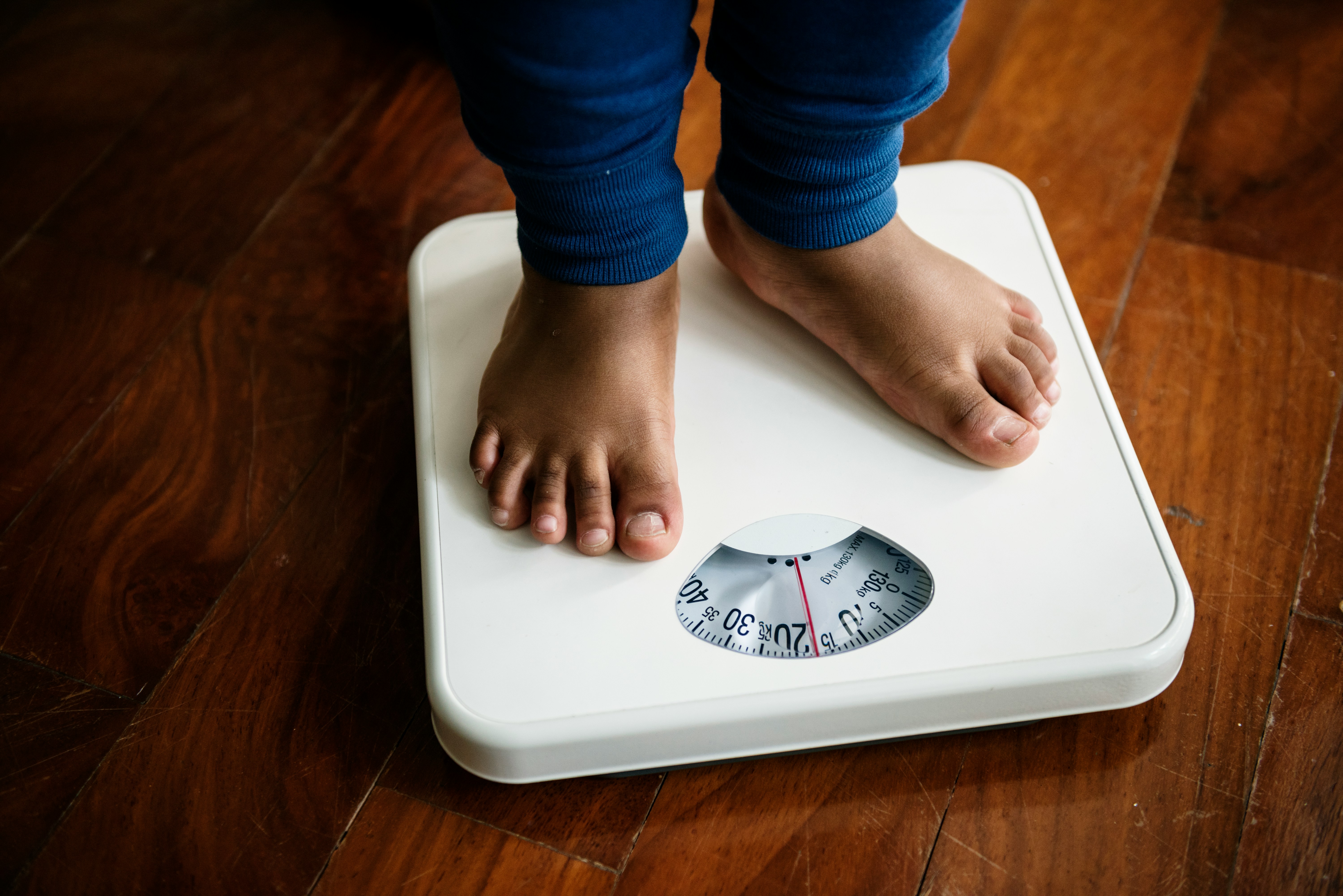Most people think of weight loss in your 40s as damage control—too little, too late. But a major Finnish study just rewrote the script. Published in JAMA Network Open, this long-range analysis tracked over 23,000 adults across Britain and Finland for more than three decades. The result? People who lost weight in their 40s didn’t just look better. They lived longer—and dodged a minefield of chronic disease risks along the way.
This wasn’t a study of crash diets or miracle pills. Bariatric surgery and weight-loss drugs were rare during the period observed. These results were achieved through lifestyle changes: diet and exercise, plain and simple.
And yet the results were anything but modest.
Adults who lost weight in midlife saw a:
- 48% reduction in their risk of developing chronic illnesses
- 19% drop in all-cause mortality
These aren’t short-term gains. They’re compound effects that only emerge over decades. The biggest misconception about weight loss over 40? That it’s about looking good next summer. In reality, it’s about still being here in 2050.
By your 40s, your metabolism has already begun to slow. Insulin sensitivity declines. Visceral fat increases. These biological shifts raise your risk for diabetes, heart disease, and stroke.
Losing weight reverses some of those trends:
- Lower blood pressure and cholesterol
- Reduced inflammatory markers
- Improved glucose control
Importantly, these changes affect the systems behind major diseases—not just a number on a scale. Here’s the quiet part: long-term weight loss is rare. Out of 23,000 participants, only 96 British and 188 Finnish adults lost weight and kept it off. That’s less than 1.3%.
So is the system broken—or are expectations misaligned?
The truth is, sustainable change works slowly. That’s not a flaw. It’s how biology compounds over time. The protective effects—against heart attack, stroke, even lung disease—don’t come from fast weight loss. They come from stable, persistent effort over decades.
One reason midlife weight loss feels futile is that the benefits aren’t immediate. You don’t drop 10kg and suddenly feel 10 years younger. In fact, the most meaningful health improvements may not show up until you’re well into your 60s or 70s.
This requires a shift in how we define success:
- It’s not about the mirror
- It’s not about one year of good habits
- It’s about adding more healthy years to your life
And that mindset shift? That’s harder than any gym session.
Forget the idea of weight loss as a sprint. What actually works is system design.
Inputs: Moderate calorie deficit, whole foods, strength training twice a week
Cycle: 3-month build blocks, 1-month maintenance reset
Feedback Loop: Track energy, sleep, and waist—not just weight
This is performance for the long haul. Think less “summer body,” more “stroke prevention protocol.”
Failure isn’t proof it can’t work. It’s often proof the system was too fragile. Extreme goals collapse under normal life stress. So design for real life:
- Plan around travel, not despite it
- Include social meals, not punish them
- Pick routines that survive bad weeks
Durability beats intensity every time.
Many adults link weight gain with guilt or failure. That framing isn’t just demotivating—it’s inaccurate. What if weight loss after 40 wasn’t a redemption arc, but a recalibration?
Start here:
- Track behaviors, not outcomes
- Focus on consistency, not perfection
- Celebrate process, not pounds
Sustainable systems are built from self-respect—not self-critique.
Previous studies couldn’t capture the delayed effects of midlife interventions. You need 20+ years of follow-up to observe reduced mortality or late-stage disease avoidance. This study filled that gap. It also excluded diabetes from its results—and still found benefits. That’s key. Because it shows weight loss works systemically, not just through blood sugar.
Chronic disease is rising. People are living longer—but not always better. And as life expectancy stretches into the 80s, midlife matters more. Weight loss at 42 could protect you at 72. Not immediately. But meaningfully. If you’re in your 40s and wondering if it’s worth it: It is. Even if it’s slow. Especially if it’s slow.















